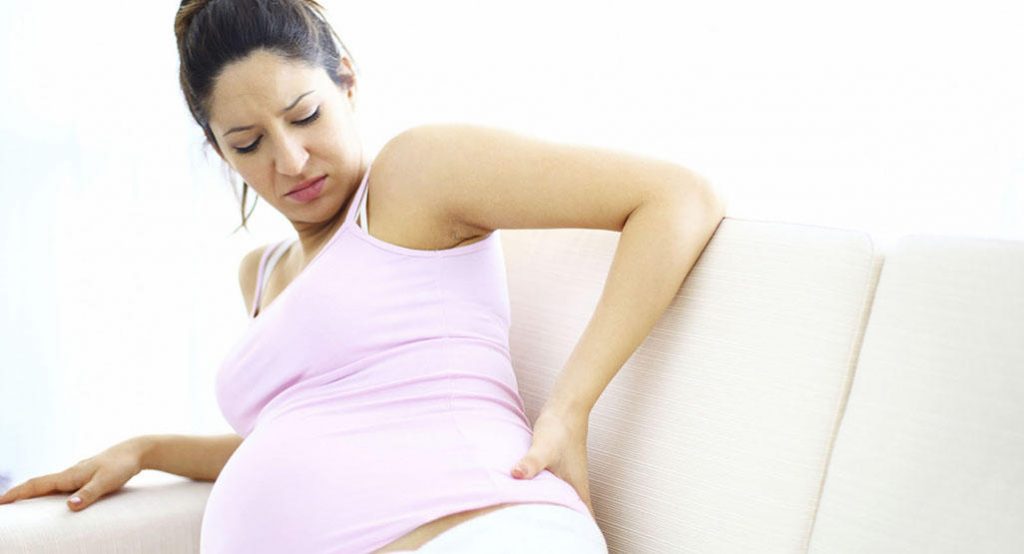When you’re carrying a bun in the oven, everything changes. From the food you eat, the clothes you wear even the way you behave will revolve around you little muffin, or muffins depending on the pregnancy. One of the more significant changes is the changes in how you sleep. Because of the delicate nature of your body, you must mold your lifestyle to accommodate your pregnancy. Important aspects of your sleep habits change, such as your sleep position and duration. Several effects come with pregnancy that influence your sleep, e.g. increased heartburn that force you to adjust many of your behaviors to survive. Read on for further insight into sleeping and pregnancy.
Sleeping position for both of you

As your belly continues to grow over time, you begin to find it difficult to sleep on your back and on the stomach. During the first trimester before the bump is noticeable, you may sleep in these positions because your munchkin is protected by the layers of pelvic and abdominal muscle. As the belly protrudes, and continues to grow, sleeping in positions other than your sides becomes dangerous let alone possible.
Don’t just sleep on the side, sleeping on the left side will increase the blood flow to your junior and therefore promote the nutrients reaching him/her. When you are in the third trimester, and the bay is about to pop out, you should lie on the sides with several pillows propping you up. This will help combat any breathing issues you may develop.
Fun fact: Sleeping on the sides is a great position to stimulate the baby’s kicks. If you feel like playing with your little darling, try a cup of apple juice and lying on your side for a little bonding session.
Mattresses for expectant mothers

Because you will spend most of your time sleeping on the side, you will need a supportive yet comfortable bed to accommodate your sleeping possible. Many physicians recommend that expectant mothers use foam or latex mattresses. These are soft and comfortable yet supportive. If you’re thinking about getting a better alternative the option you currently have, try beautyrest for some ideas, The offer not only variety but also promise quality products for every sleeper. A new mattress could do wonders for your sleep quality especially now that you have to accommodate an extra person as you sleep.
Additional support

Sleeping on a plain mattress just doesn’t cut it, especially if it’s more than only one of you. The extra weight you are carrying must be supported with additional material. Because you are recommended to sleep on the side, you can add a pillow between your thighs will improve circulation and comfort as you rest. In your final trimester, you may add on an additional pillow beneath the belly to alleviate the pressure on your belly and back as your due date is drawing near. If you cannot fall asleep comfortable on the bed, you can cozy up to a reclining chair and get some much-needed sleep.
Combating pregnancy-related influences on your sleep
There are some negative sleep-related changes that come with pregnancy. Take a look at how you can tackle some of these negative influences to achieve a better state of rest.
The legendary heartburn
Heartburn is generally uncomfortable and in some instances unbearable especially during bedtimes. Pregnancy-related heartburn is on a whole other league of its own. This extremely uncomfortable scenario is created by the high amounts of progesterone in your body loosening up the valve between your stomach and esophagus. No wonder this heartburn is so aggressive. In addition to adjusting your diet to foods that do not trigger your heartburn as often, you can supplement your sleeping pose with several pillows. Putting a pillow under the chest and head should elevate your body and keep the acids in your stomach.
Regular sleeplessness
Sleep deprivation is not good for expectant mothers or their babies. During certain stages of pregnancy, your body may begin to experience sleeplessness, and you find yourself staying up the whole night. Your sleep is vital for both you and the baby. Aim for regular sleep periods that have you in bed a particular time and out another. A minimum 8 hours of sleep should be useful.
In the case of restless leg syndrome
Most expectant mothers, especially those lacking enough iron or folic acid experience restless leg syndrome. You constantly get the urge to move your leg while you sleep. It may be accompanied with aches, twitchy feeling in the leg or the urge to stretch. It is disruptive and may interfere with your much needed quality sleep. Some light yoga, stretching and a hot bath may help you deal with the discomfort that comes with RLS. If the discomfort reappears as you sleep, try and wrap your legs around a pregnancy pillow or fix a regular pillow between your legs. If you feel the discomfort is too overwhelming, try talking to your health caregiver for other solutions including taking supplements to relax the muscles.
Occasional back pain
Because of the extra weight, you are carrying; you may experience occasional back pain from the day’s work. Sufficient quality sleep may be just what you need to ease the pressure and tension on your lower back especially. Physicians often recommend a relaxing bath to ease all the stress and tension. Come bedtime, try and support your hips and shoulders as you sleep while keeping your spine straight. Don’t forget the pillow between your legs for improved circulation.
Big no-nos for your bump
Avoid sleeping on your back, or on the tummy especially from the second trimester. Sleeping on the back may reduce the blood supply to your baby and limit the oxygen and nutrients reaching them. Sleeping on the stomach is obviously a big no-no. You want to keep your bump safe and feeling comfortable.
Final word
Nothing is quite like pregnancy. It is a mixture of all sorts of feelings, emotions, and changes that require a lot of adjustment. One of the major aspects of your lifestyle that you must change is your sleep habits. These changes are not only to accommodate your baby but also help keep you well rested and happy. This sleep and pregnancy tell all should guide you through your pregnancy and help you get the best possible sleep beneficial for you and your baby.



